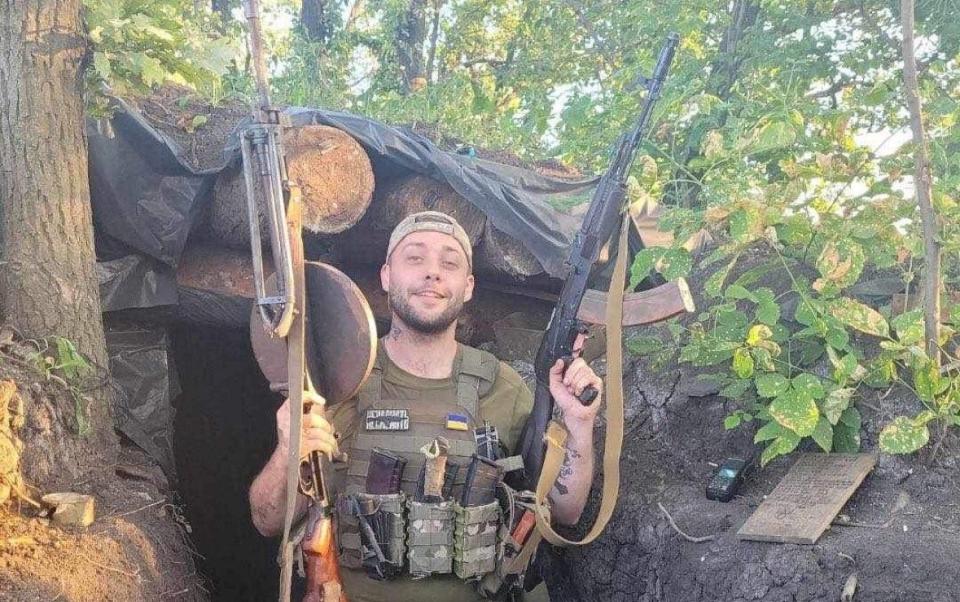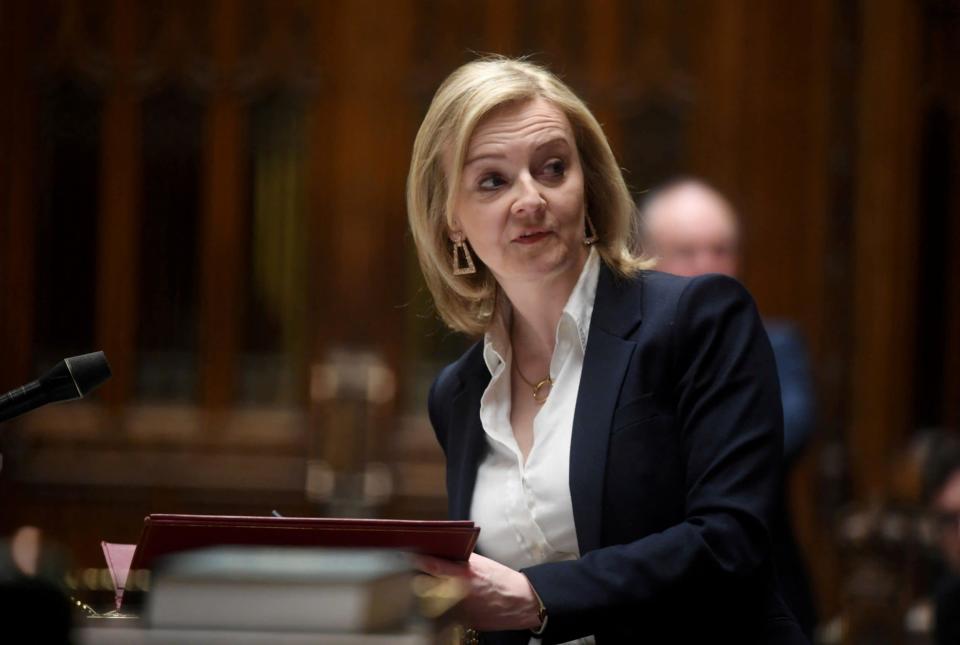A young British man who took his own life after fighting in Ukraine went to the country after former prime minister Liz Truss claimed anyone who did so would be joining a “battle for democracy”, his family said.
Harry Gregg was 23 and had no formal military training other than a spell in the Army Cadets when he decided to fly to the country after it was invaded by Russia in 2022.
He ended up fighting in the trenches, where he witnessed the deaths of fellow soldiers and reported seeing the aftermath of Russian atrocities against civilians.
He was found hanged after returning to his home in Thetford, Norfolk, the day after his 25th birthday.
Speaking after his inquest at Norfolk Coroner’s Court last week, his family said his decision to go to Ukraine came after the former prime minister, who was his local MP and foreign secretary at the time, said she “absolutely” supported any Britons who wanted to travel to fight the Russians, arguing they would be joining a battle “for democracy”.

Conservative colleagues criticised her, saying it would be reckless and illegal to go and fight, and Downing Street distanced itself from her remarks.
His mother, Sandi Gregg, described how at this point he made up his mind to go, despite his only military experience being six years in the Army Cadets.
She said: “He told me ‘Mum, they need us.’
“He said to me, ‘I have done some bad things, so I want to give back to society’.
“Harry felt that he was needed and that he could help them.
“He contacted the [Ukraine] embassy and found out what he needed to do. Within days, he’d booked himself on a flight and off he went.”
During his third visit to the country that he found himself fighting with the Ukrainian armed forces, where he was nicknamed “Eagle” by his comrades and assigned to the 48th Battalion.
His mother said that as he and a fellow soldier were being shot in the trenches, his comrade told him to keep his head down, but 10 minutes later his friend was shot in the head and Harry had to put him in a body bag.


She described how, once back in Britain, he had PTSD (post-traumatic stress disorder) and his family “weren’t able to get him the help he needed.”
On December 14, he had been due to go go-karting and clubbing with friends as a birthday treat, but they had been unable to contact him.
The next day, after still not hearing from him, they asked for a welfare check to be carried out.
On arrival, his body was seen through the letterbox of the front door and paramedics pronounced him dead at the scene.
Recording a narrative conclusion, Samantha Goward, area coroner for Norfolk, said he had hanged himself, but his intent was unknown.
In a tribute, his mother said he had a personality that “filled the room” and that he was “loved by many people.”
She added: “He was very loving, caring – if he valued you and loved you, he would give you his last penny.
“He went to Ukraine because he knew people needed help.”
Broaden your horizons with award-winning British journalism. Try The Telegraph free for 3 months with unlimited access to our award-winning website, exclusive app, money-saving offers and more.











